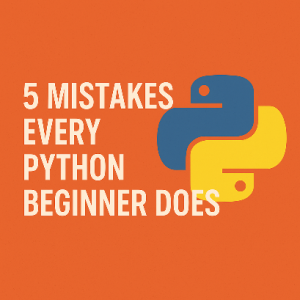Understanding Different Types of Businesses
In today’s dynamic economy, various business models cater to diverse customer needs and preferences. Each type of business has its unique approach to generating profit. In this post, we will explore several common types of businesses, along with examples and insights into their operations.
1. Resell Business
The resell business model involves purchasing products and selling them at a higher price for profit. This type of business is prevalent in various industries and can be a lucrative venture if done correctly.
Examples:
- Dresses and Footwear: Retailers buy fashion items in bulk from manufacturers and sell them at a markup.
- Groceries: Local stores purchase groceries from wholesalers and offer them at retail prices.
- Electronics and Mobile Phones: Sellers acquire electronics at lower prices and resell them to consumers, often bundling them with services like warranties.
2. Production Business
Production businesses focus on creating or manufacturing products to sell directly to consumers or other businesses. This model often requires significant investment in equipment, raw materials, and labor.
Examples:
- Hotel and Food Services: Hotels and restaurants create food products and experiences that attract customers.
- Construction: Construction firms manufacture homes and buildings, providing essential services in real estate development.
3. Problem Solving
This business type revolves around addressing specific problems faced by customers. By providing solutions, businesses can earn money while offering valuable services.
Examples:
- Healthcare: Doctors and hospitals solve health issues, offering medical services and treatments.
- Legal Services: Lawyers assist clients with legal problems, navigating complex legal systems.
- Repair Services: Electricians, plumbers, and carpenters provide essential repair services, solving everyday issues for homeowners.
4. Personality Development
Businesses that focus on personality development help customers enhance their skills, health, or appearance, often adding significant value to their lives.
Examples:
- Fitness Centers: Gyms offer programs to improve health and fitness.
- Digital Marketing Services: Agencies help businesses establish a strong online presence through branding, websites, and apps.
- Educational Institutions: Schools and coaching centers offer learning opportunities to develop various skills.
Methods of Business
Businesses can also be categorized based on their sales methods:
Single Method
In this approach, businesses sell a single product or service individually, often at a uniform price.
Example:
- A retail shop selling milk packets, with each packet priced the same for all customers.
Bulk Method
This method involves selling products in larger quantities at reduced prices, encouraging bulk purchases.
Example:
- Milk packets delivered to shops at wholesale prices, allowing retailers to buy in bulk and save on costs.
Subscription Method
Subscription businesses offer renewable packages containing products or services at discounted prices, promoting long-term customer relationships.
Example:
- Daily milk supply services, Amazon Prime memberships, gym subscriptions, and tuition fees for schools and colleges.
Based on the Need for Products
Finally, businesses can be categorized based on the essential nature of their products:
Essential Products
These are necessary items that consumers regularly need.
Examples:
- Groceries, rice, oil, basic medicines, and household items like bikes and fans.
Comfort Products
Comfort products enhance convenience and improve quality of life but are not strictly necessary.
Examples:
- Watches, smartphones, refrigerators, and washing machines.
Luxury Products
Luxury products offer premium experiences and cater to high-end consumer markets.
Examples:
- Rolex watches, high-end smartphones like iPhones, luxury cars, and air conditioners.
By understanding these various types of businesses, entrepreneurs can better identify their niche and tailor their strategies to meet customer demands effectively. Whether you’re reselling products or providing specialized services, the key to success lies in recognizing the unique needs of your target market.






